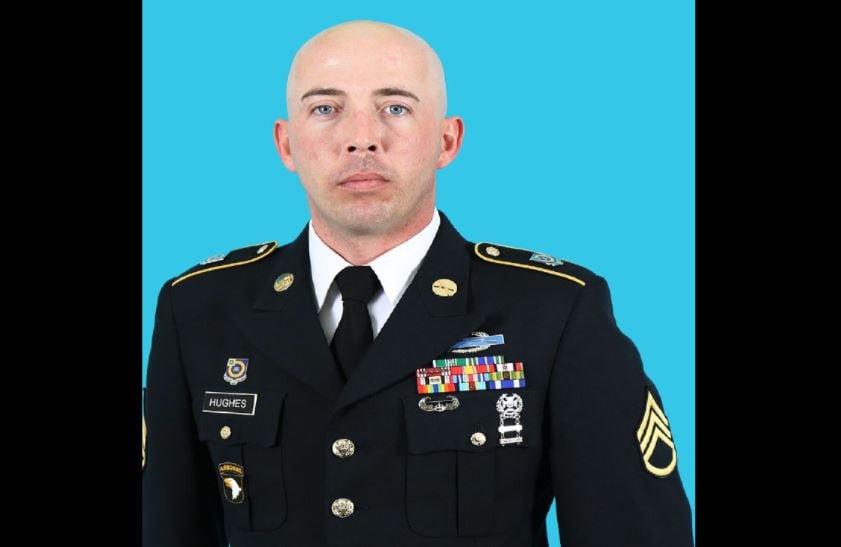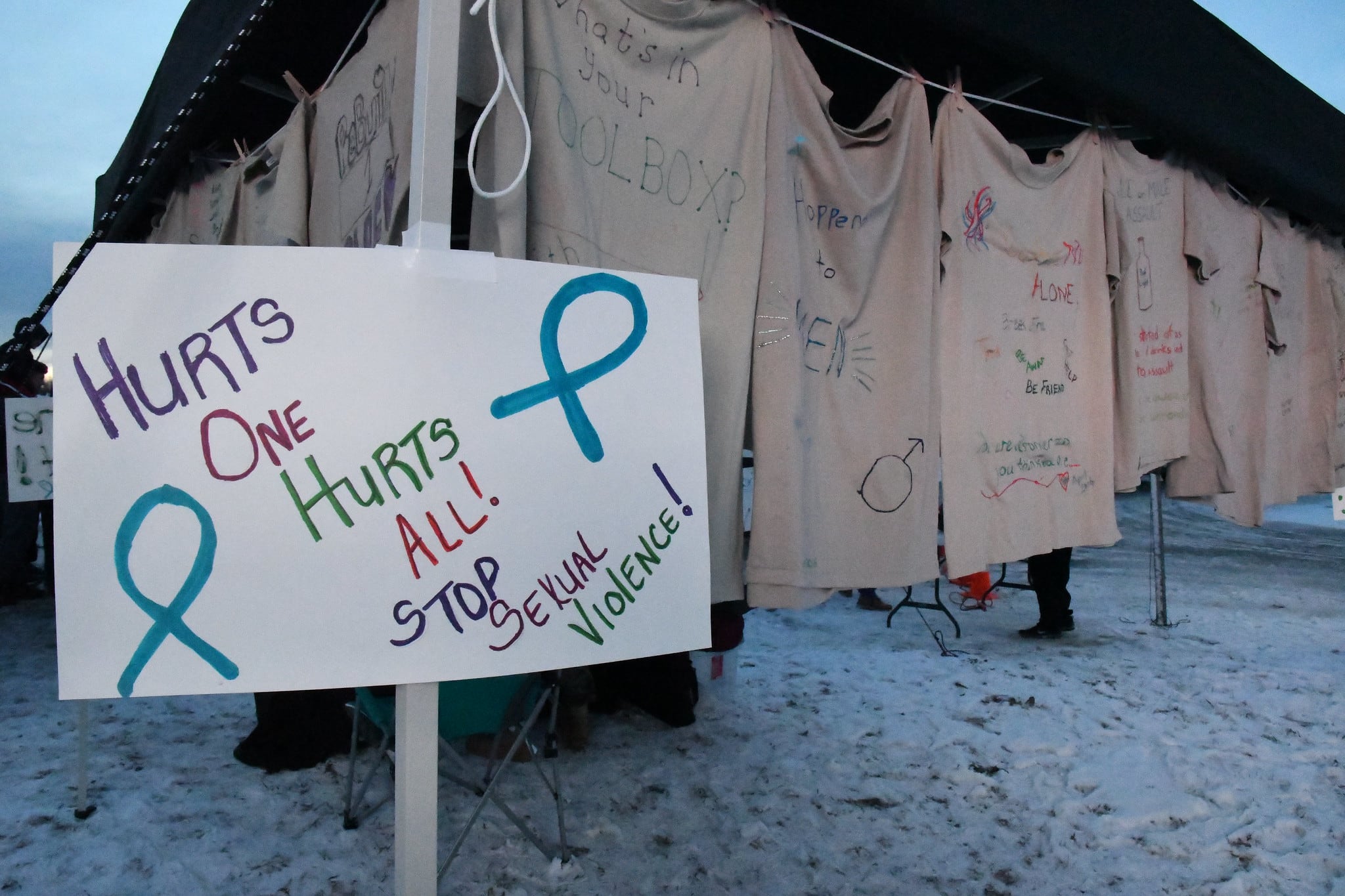Army officials say they will review the decision not to prosecute a soldier accused of rape in the winter of 2017, who three years later pleaded guilty to that same crime, as well as a separate rape in the months that followed and the sexual abuse of his child in 2020.
Staff Sgt. Randall S. Hughes’ crimes, first reported by Army Times last week, ended only after his daughter came forward in the spring of 2020 with allegations that Hughes raped her while she was drugged with a sleeping medication, court documents stated.
Hughes ultimately accepted a plea agreement, admitting to two counts of rape, two counts of sexual assault consummated by battery, one count of sexual abuse of a child and one count of assault consummated by a battery on a child.
Hughes was sentenced in late March to 13 years in the U.S. Disciplinary Barracks at Fort Leavenworth, Kansas. But victims in the case told Army Times that had commanders chosen to prosecute Hughes in 2017, he might not have been able to commit later sexual assaults.
“The Army will review the decision not to seek prosecution in 2017, based on the facts and circumstances as known at the time,” said Army spokesman Matthew Leonard. “It is important that we have such an assessment, in order to ensure we are serving the best interests of justice.”
An individual involved in Hughes’ military justice process cautioned that what helped secure a plea agreement in March was the strength of the case compiled by CID agents, which resulted in criminal charges spanning more than a decade and involving five victims.
Looking at each case in isolation could make prosecution difficult, because there might be problems with physical evidence in some cases or conflicting witness testimony in others, added the individual, who was not authorized to speak publicly.
RELATED

Regardless, the review of the initial case was welcomed by one survivor, Leah Ramirez, who reported Hughes in February 2017 after he raped her at her home near Fort Bliss, Texas, following a Super Bowl party. Ramirez was the wife of a soldier under Hughes’ charge at the time of her assault.
“I am beyond happy,” Ramirez said Monday, adding that she has not been contacted by the Army about the review. Service officials did not respond to follow-up questions about how long the review would take or who would conduct it.
An Army CID investigation of Ramirez’s case concluded in January 2018, roughly one year after the incident was reported to Fort Bliss.
Ramirez was told that CID agents determined her report was credible. But in August 2018, Hughes’ brigade commander decided not to prosecute him based on the information available at the time, according to an Army official familiar with the timeline of events. There were also no other reports of misconduct known at the time, the official added.
“While the Privacy Act precludes us from commenting on specific cases, it’s important to note that a probable cause finding is not a final determination there is sufficient evidence to prosecute,” Michael Brady, the Army’s principal deputy chief of public affairs, told Army Times for the first article on Hughes’ case.
After escaping prosecution, Hughes’ name appeared on the sergeant first class select promotion list.
RELATED

Ramirez learned of the possible promotion from a friend and said she contacted the commander of 1st Armored Division at Fort Bliss, Maj. Gen. Patrick Matlock, to request that something be done. Matlock decided to issue a General Officer Memorandum of Reprimand against Hughes.
By that point, however, Hughes had already transferred to Fort Dix, New Jersey. Army officials declined to say who the brigade commander was who opted against prosecution in 2018, when Hughes was still assigned to 1st Brigade Combat Team, 1st Armored Division, at Fort Bliss.
“If she wouldn’t have complained, I don’t even think he would have gotten the [GOMOR] to be honest,” said the individual involved in Hughes’ military justice process.
At Fort Dix, Hughes was once again accused of sexual misconduct. This time, it was reported by his daughter. CID agents opened a new case against Hughes, and after seeing the GOMOR in his file, contacted past victims, including Ramirez and another woman at Fort Bliss whom Hughes would later plead guilty to raping in the summer of 2017.
Hughes’ repeated rapes come to light at a time when the military as a whole is reckoning with how it investigates and prosecutes sexual misconduct cases. A new push from Capitol Hill could even strip commanders of their authority over sexual assault cases and instead turn those cases over to civilian prosecutors.
Kyle Rempfer was an editor and reporter who has covered combat operations, criminal cases, foreign military assistance and training accidents. Before entering journalism, Kyle served in U.S. Air Force Special Tactics and deployed in 2014 to Paktika Province, Afghanistan, and Baghdad, Iraq.




